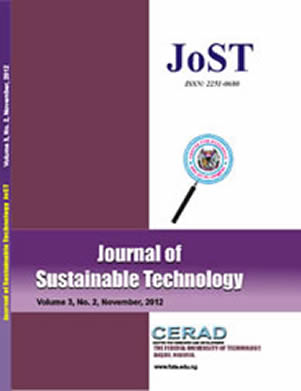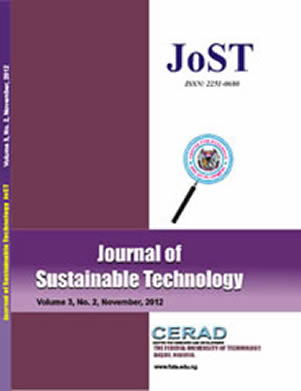Conventionally, protein-rich leguminous seeds are either traditionally cooked and consumed as typical African diets or added as supplements to high starchy cereals, tubers or fruits to enhance the nutritional status of the most vulnerable groups, especially in tropical regions of the world. The main focus in this work, was to fabricate a semi-mechanised, relatively low cost, cottage adaptable machine aimed at reducing drudgery and limiting health risks involved in the traditional processing or and consumption of Iru. Cooked raw Parkia biglobosa beans or well soaked yam beans were dehulled with the machine that was constructed. Seeds were fermented and subjected to proximate, minerals and soluble vitamins analyses using conventional methods. There was a decrease in the carbohydrate content of fermented product fermented locust bean (FLB) (22.82%) and fermented yam bean (FYB) (11.64%) compared with the unfermented products. Fermentation of the beans caused remarkable reduction in phosphorus (FLB 3.36% and FYB 1.41%) and sodium (FLB 7.1% and 4.27) compositions. There was a general trend of increase in the vitamins in FLB and FYB samples as a result of fermentation. There were remarkable increase in niacin (FLB 211.8mg/ml and FYB 179.45 mg/ml) pyridoxine (FLB 484 mg/ml and 358.05 mg/ ml) and ascorbic acid (vitamin C) (FLB 216.18 mg/ml and 200.86 mg/ml) in iru samples due to fermentation. The newly fabricated machine, in its rudimentary form has been found to reduce the health risks and intensive labour commonly associated with cultural process of foot-dehulling.
PAPER TITLE :FABRICATION OF A NOVEL SEMI-MECHANISED DEHULLER FOR THE PRODUCTION OF “IRU” CONDIMENT FROM TWO LEGUM
JOURNAL Of SUSTAINABLE TECHNOLOGY | VOLUME 1 NUMBER 5 2014
Paper Details
- Author(s) : 1AGUNBIADE, S.O., 1OREMICHEN, N.E. and *2OJEZELE, O.J.
- Abstract:



